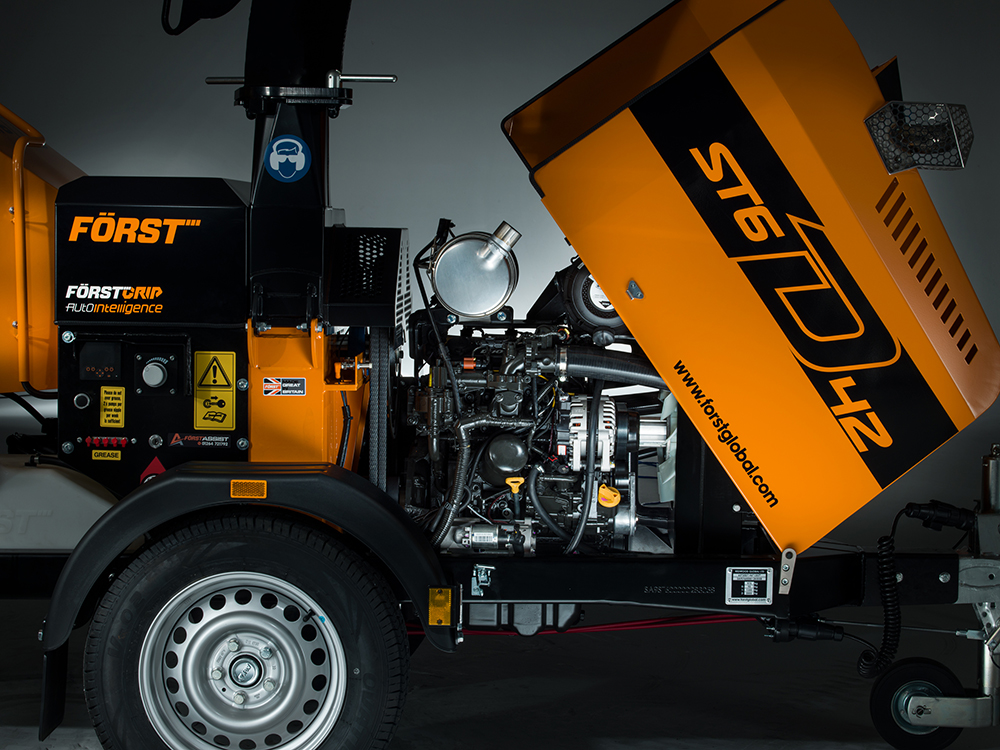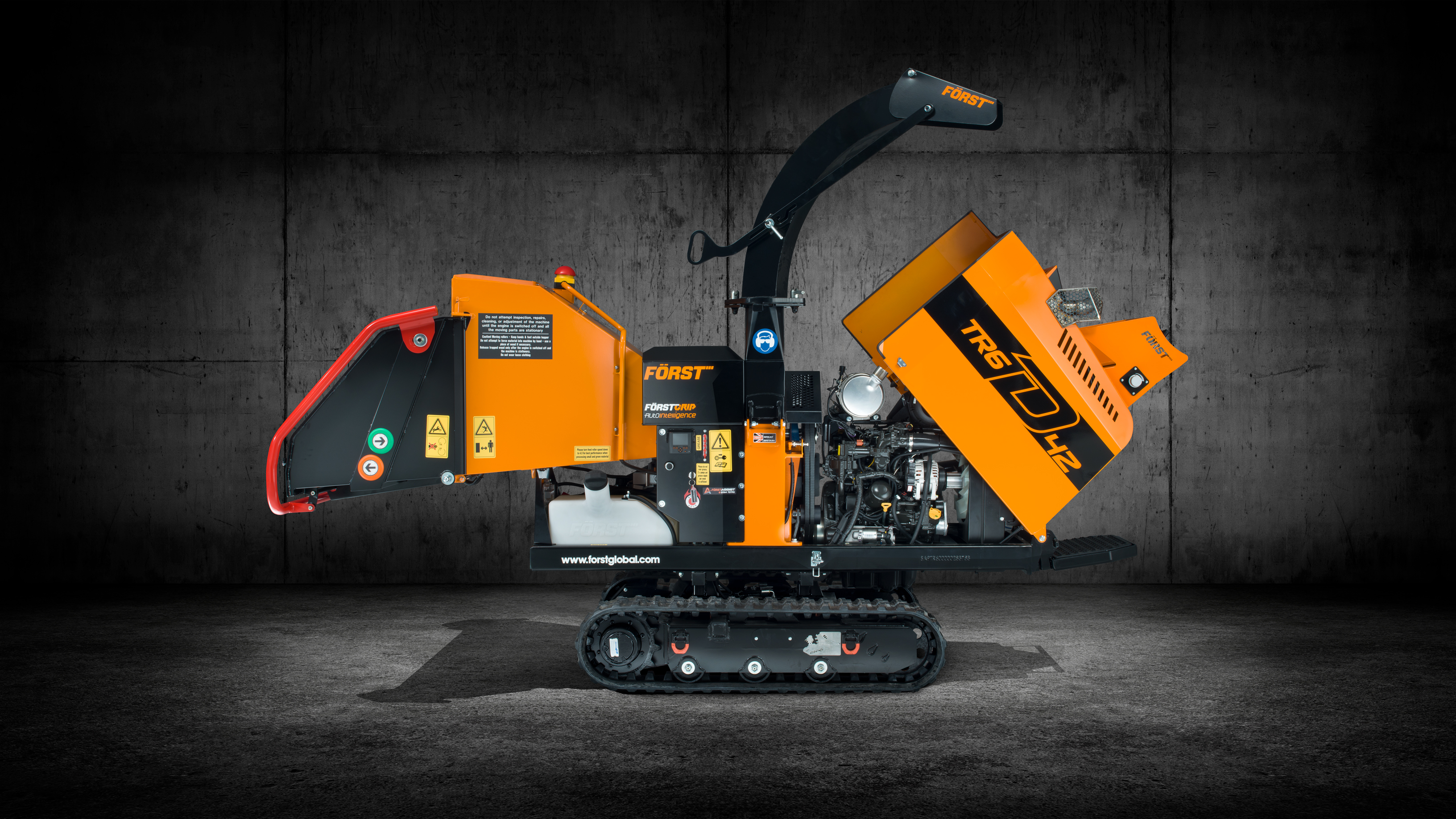
DPF – Q&A
► Is DPF technology new?
No not at all – Almost every Diesel vehicle on UK roads has had a DPF since 2006, it is not new technology, it’s just taken a while to get into chippers but is now required for Diesel engines over 19kW in off road machinery. Modern cars are much more technologically advanced than pre DPF but on the whole they are much more reliable.
► Is it true that DPF can be problematic?
DPF could be problematic when first introduced 14 years ago. In terms of engine technology we are now a couple of generations ahead from where we were then. The technology continues to get better and they are now very reliable engines indeed.
► Do you have to use special grade diesel for DPF?
Any good quality EN590 red diesel purchased today is perfectly fine for DPF. Most red diesel today (like white diesel) is low Sulphur and is suitable for DPF. The red diesel which used to be common place was high sulphur and did cause problems for DPF. Poor quality, high sulphur diesel is still around so be absoutely sure that your diesel supplier if giving you the correct EN590 grade. Any reputable diesel supplier will supply you good quality, low sulphur diesel to the required EN590 standard. Biofuel above 5% is not suitable for DPF.
An EN590 grade fuel is necessary for all Tier 5 engines to meet the emissions standard and prevent excessive soot levels in the DPF. With the ever-increasing number of “off highway” machinery having Tier 5 engines any reputable diesel supplier will be able to supply EN590 “Red diesel” upon request. The introduction of Biodiesel blended fuel can also create problems in Tier 5 engines, it is generally not recommended to store Biodiesel longer than 3 months.
►Is DPF problematic in Agricultural machinery?
The vast majority of issues relating to DPF in agriculture are reportedly due to contaminated or poor quality high Sulphur fuel. Farmers often have huge diesel tanks which are never fully drained and old, poor quality fuel is often still in the tanks, stays there for a long time and has caused DPF issues.
► Is servicing more complex?
No – the Doosan Stage V engine we use has service intervals of 500 working hours. You won’t need to do the first engine service until 500 hours and the same parts as always need replacing 1 x oil filter, 1 x fuel filters, the air filter and an O ring. The Doosan engines have no cambelt, and have hydraulic tappets, so shorter maintenance time in reality. The rest of the chipper will still need servicing in accordance with manufacturer recommendations which is every 250 hours, but the engine its self doesn’t need a service until 500 hours.
► How often will this engine need to do a regen?
The engine ecu will carry out an automatic regen cycle as and when required which the operator will not notice, the chipper can be turned off as normal and the regen cycle will start again when the machine is restarted. This is a very clean burn engine so regen is infrequent compared to other DPF engines. A forced regen is a manual process and will take approximately 40 minutes to complete, during this time the chipper cannot be used so is recommended to take place during scheduled servicing.
►How long does a regen take?
The engine will always try to regen while you work without a noticeable change to operator. If your duty cycle has been a lot of starts and short runs you may need to force a regen that takes approx. 40mins.
►Does it need a special grade of Oil?
To maintain the 500hr oil change interval, and protect the DPF the engine needs a CJ4 class engine oil which is available for around £50.00 per 25litres online (Castrol). Considering servicing is every 500 hours, it’s cheap.
►What other plant and machinery uses the Doosan engine?
Doosan produce a large range of site excavators, forklift trucks and owns Bobcat. Its engines are used in other machines such as Linde and Still fork trucks too. Due to the stop start nature of these products you could say they are less suited to DPF than a chipper. All these products use the engine very well and are known for reliability.
►How does fuel efficiency compare to the old engines?
Fuel efficiency and emissions will be improved compared to old engines. Doosan is a modern engine designed from scratch to meet Stage V.


